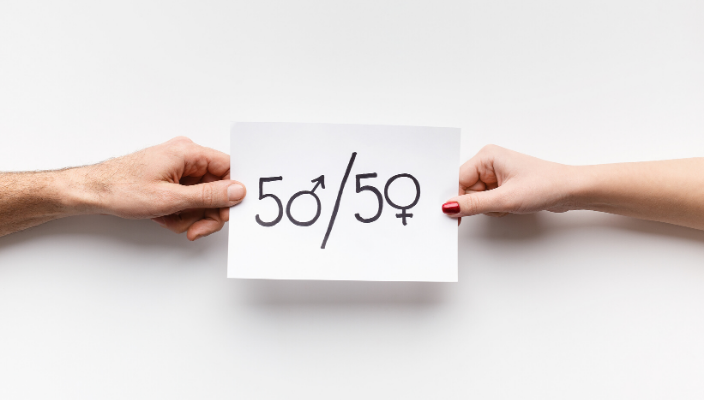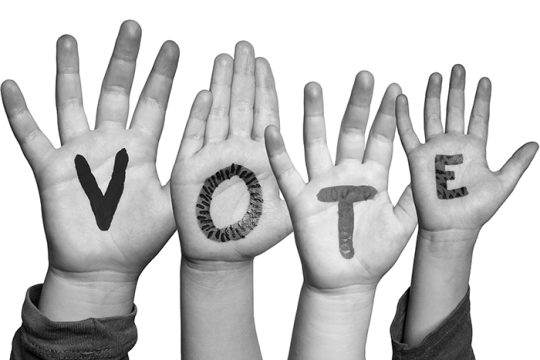
Equal Pay Day is not a holiday to celebrate, but rather a day we use to bring attention to the ongoing injustice of pay discrimination in the United States. March 31 marks how far into the new year women must work to receive in wages what their male counterparts earned in the previous calendar year. Women must work 15 months to earn the same amount a man earns in 12 months in the United States, because women are paid just 82 cents for every dollar paid to their male colleagues. In Canada, the situation is slightly better, but still unequal, as women are paid 87 cents for every dollar their male counterparts are paid. Black Equal Pay Day, Latina Equal Pay Day, and Native Equal Pay Day occur later in the year to highlight the even wider wage gap due to heightened wage discrimination that women of color face in the U.S.
In times of crisis, like we face today with the COVID-19 pandemic, the impact of pay discrimination becomes even more clear. When women are being paid less, they receive less unemployment insurance. They will also have less money saved to weather difficult times.
Pay discrimination is not a new issue in the United States, nor is the Reform Jewish community immune from perpetuating it. The Reform Pay Equity Initiative, led by Women of Reform Judaism and the Women’s Rabbinic Network, reflects the Reform Movement’s recognition that eliminating pay inequity requires proactive collaboration and training for potential candidates, employees, and employers within our community.
In addition to the important internal work to eliminate pay discrimination in the Reform Jewish community, we must also work to change policies on a federal level to ensure equitable workplaces across the United States. In 1963, Congress passed the Equal Pay Act which prohibited wage discrimination on the basis of sex. In 2009, Congress built on that by passing the Lilly Ledbetter Fair Pay Act which resets the 180-day statute of limitation for suing on the basis of gender wage discrimination after every paycheck. While the passage of these laws marked crucial steps in addressing gender pay discrimination, there is still a lot of work to be done.
Even high-profile women still confront pay discrimination. The 4-time World Cup champion U.S. Women’s National Team are suing their employer, the U.S. Soccer Federation, under the Equal Pay Act and Title VII of the Civil Rights Act, after years of being paid significantly less than their male counterparts who failed to even qualify for the most recent World Cup.
Last year, the House of Representatives passed the Paycheck Fairness Act (H.R. 7/S. 270). However, the Senate has not passed this critical piece of legislation. The Paycheck Fairness act would deter pay discrimination by closing loopholes in the Equal Pay Act of 1963 and by barring retaliation against workers who disclose their wages. Specifically, the Paycheck Fairness Act would:
- Provide the same legal remedies for gender-based pay discrimination as race and ethnicity-based wage discrimination
- Protect employees from retaliation for discussing pay with coworkers, increasing transparency
- Prohibit the requirement of salary history while screening applicants and during the broader hiring process, ensuring previous wage discrimination does not follow a worker throughout her life
- Require proof from employers that any pay disparities that exist are for legitimate, job-related reasons, safeguarding equal pay for equal work
- Offer training and assistance for both women and girls, and employers to fight pay discrimination
One day, Equal Pay Day will be a day that we celebrate joyously on January 1. However, to get to the day when pay discrimination does not exist, we must pass the Paycheck Fairness Act. Urge your Senators to pass the Paycheck Fairness Act today and fight for equal pay!
Related Posts

Kosher Feijoada: Reflections on Latin Heritage Month and Sukkot

Securing the Vote

